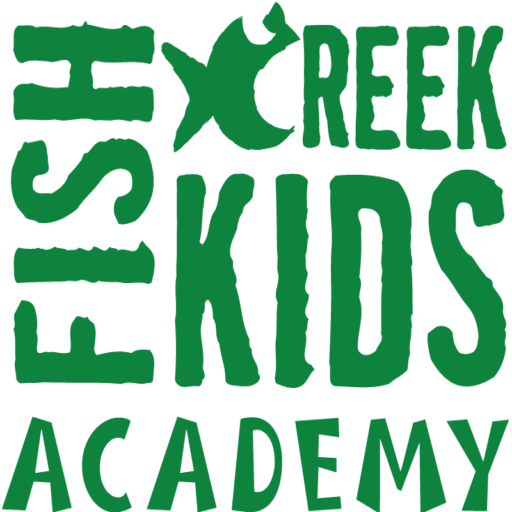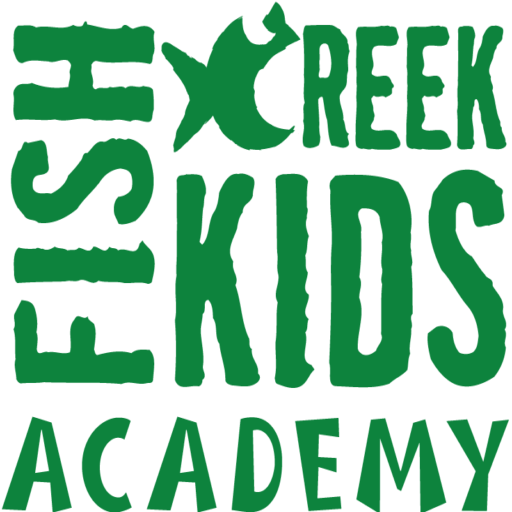Multiple studies emphasize that literacy begins at home. Children with parents who routinely read to them from babyhood are more likely to succeed than those whose parents don’t.
So how can parents help their children learn to read? At FishCreek Kids Academy, our teachers foster a love of reading in children ages 6 weeks and beyond. Here are some of our favorite methods for teaching children basic reading skills.
What Age Should Children Start Reading?
Children between ages 3 and 5 are at a critical stage of their literacy development. However, learning how to read is a gradual process that begins in infancy. By the time your child enters preschool, they should be able to:- Know how to properly hold a book and turn its pages
- Identify whether something is a word, letter or random doodle
- Pull their favorite book off the shelf
- Remember words and phrases from their favorite book
- The gap widening over time
- A loss of confidence
- Behavior issues
How Can Parents Help Their Child Learn How To Read?
Among the best ways to help children learn how to read is to read to them. As you do so, be sure to:- Discuss the text: Every once in a while, stop to ask your child questions. What did they think of the character? Was that decision fair? Do they know what that word means? What do they think will happen next? This helps promote reading comprehension, as your child will have to think actively about what’s being read.
- Use directional tracking: The human eye is drawn to motion. Using a guide, such as a finger or pencil, to track the words as you read them out loud is called directional tracking. This will help your child look at and process sounds in letters from left to right.
- Engage your child: Invite your child to actively participate in their own learning. This could be asking your child to track the reading with their finger, using funny voices, reading words together in a choral reading, discussing pictures or taking turns reading as your child’s skill expands. Do anything you can to get your child excited about reading.
- Make real-world connections: It’s not enough for a child to read. You want them to understand what they’re reading. Making connections from the text to themselves, their world or other stories improves reading comprehension and retention.
- Pointing out words in your child’s daily life. Ask them to read the name of their cereal or the letters on street signs.
- Play reading or text-based games. For example, ask them to draw the alphabet on the sidewalk. Shout out a word like “mom” and have them stand on the letter the word starts with.
Does My Child Need Additional Reading Support?
A parent should never hesitate to discuss their child’s progress with his or her teacher. Whether you’re concerned about your child’s reading skills or just want their teacher’s input, ask for a meeting. During the meeting, you can:- Share any concerns you might have about your child’s literacy
- Ask for feedback and brainstorm strategies for improvement
- Create a support plan
- Get referrals for reading specialists or speech-language pathologists
- Reading together at home
- One-on-one tutoring
- Reading clinics
- Online resources
- Extra assistance from school specialists
- Enrollment in an after-school program


